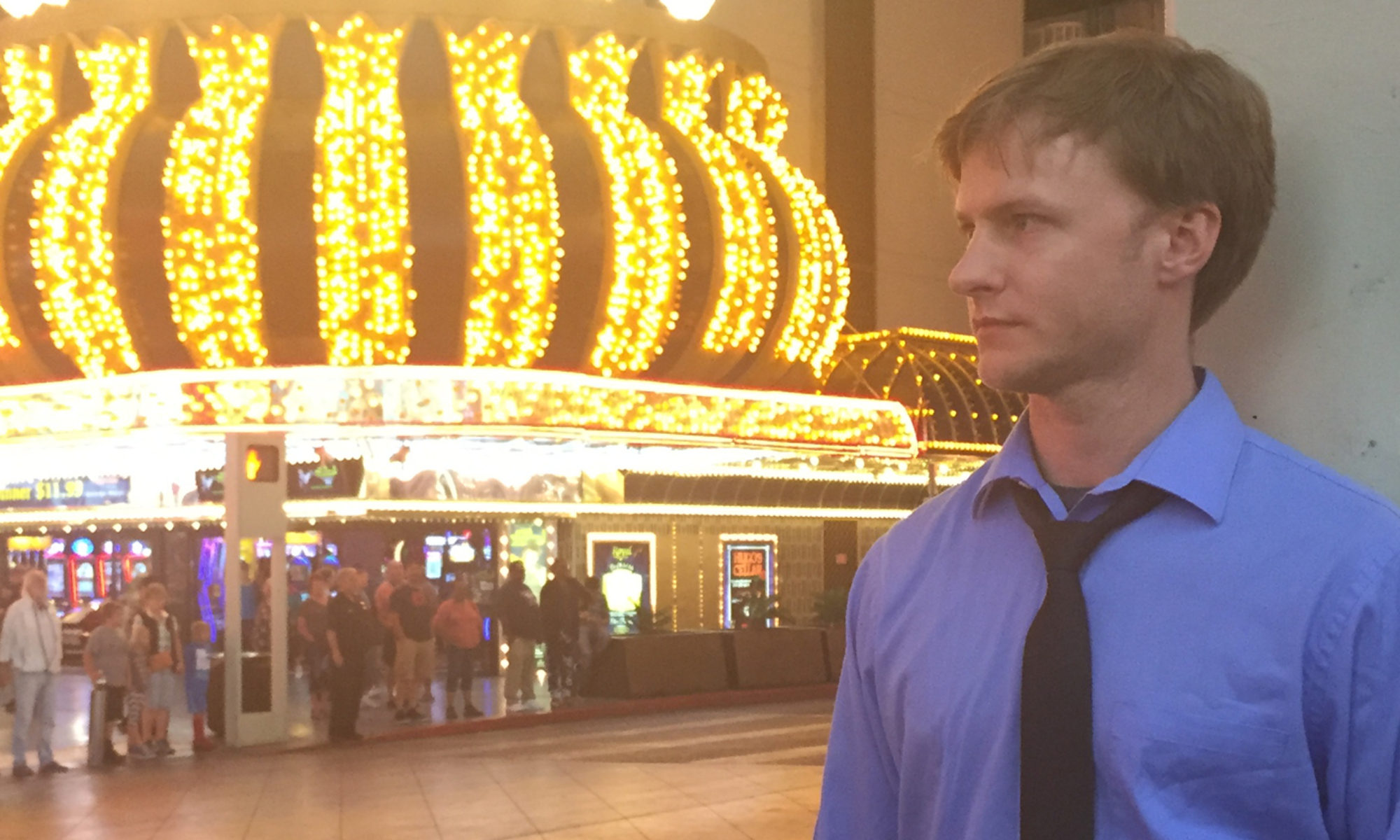This installment of The One Board originally appeared in Bowlers Journal International, December, 2021
The 7-10 split has only been converted four times in the history of the PBA Tour… on television. The big four has only been converted once… on television. Only 32 PBA perfect games have ever been bowled… on television (not counting the other several that were bowled on television but don’t count for some reason).
Bowling is obsessed with television. Once again, the secret language of bowling separates us from every other sport.
Anyone reading this publication knows that “on television” simply means we’re talking about the final round of competition. We know by the time the tournament gets to TV that qualifying, match play or whatever chaotic format was in place for that event (preferably with an extended cashers round) has already happened, and that in all likelihood, perfect games were bowled, big splits were felled and difficult conditions were conquered. So, to us, converting the 7-10 split on television is special because it was during the most important part of the tournament: the finals or, in bowling vernacular, “on TV.”
No other sport talks about their championships this way. Most sports are either completely televised or not televised at all. “On TV” means nothing to them but it means a lot to us.
Imagine the ABC network executives during the early talks to put the PBA on TV. “You do what? For how long? What can you do in an hour and a half?” The televised victory lap wasn’t doing much in the way of captivating audiences. Bowling had to adapt to time constraints and entertainment value to create The Television Show.
Introducing the stepladder finals, which feature head-to-head matches novice viewers who happen upon the telecast can understand. Framing it as most other sports operate, the week of qualifying becomes the regular season for seeding, no matter how big one player’s lead is over another’s, and the TV show becomes the playoffs for the championship. This is—prepare yourself for a dreadful word—unfair, but it’s also why bowling was and is on TV in a semi-comprehensible form.
One of the most brilliant subtleties from the Documentary Now! episode based on A League of Ordinary Gentlemen is the character parodying Pete Weber constantly howling about beating the character satirizing Walter Ray Williams Jr. “on TV.” In the original documentary, that makes perfect sense because we, as bowling fans, know what that means. Williams owned Weber in televised finals matches, so Weber wanted to beat Williams on TV, which is to say the finals. Completely sensible to us. But to a non-bowling human being? Who cares if it’s on TV? Don’t you just want to beat him?
Let’s go to Champa Bay for a moment. The Tampa Bay Lightning just won the Stanley Cup on TV! The Tampa Bay Buccaneers just won the Super Bowl on TV! The Tampa Bay Lightning just won the Stanley Cup again on TV! Tom Daugherty just won the World Championship on TV!
Only one of those sounds normal, although it is strange in its normalcy.
Writing of Daugherty, remember when he yelled at the pins about Jason Belmonte? “He can’t beat me!” Daugherty shouted after clinching victory over Belmonte in the 2016 PBA Wolf Open. The pins are inanimate objects, so they didn’t understand Daugherty actually meant, “He can’t beat me on television,” which was true at the time in that Daugherty had never lost to Belmonte on TV. The next day, Daugherty did lose to Belmonte on TV, but it was in the King of the Swing non-title exhibition, so we can’t say for sure if that televised match counts as being televised.
There’s something special about performing under the hot lights of television, with the hot lights of course being non-heat-emitting LEDs. Spectators, who do emit heat, surround the action closely, adding to the enormity of the moment. Bowling huge scores, picking up nearly impossible splits and winning championships in the unique finals setting that is a PBA telecast are all worthy of plaudits. The players who can compete under that pressure deserve acclaim and respect.
It’s because of that, as well as the quest for titles, that players enter events with the goal to “get to TV.” Even if, in a sport constantly striving for perfect fairness, getting to TV means making it through the fair-as-can-be preliminary rounds to earn a slot in the utterly unfair stepladder finals.
Unless the top seed wins. Then it’s fair. Or if the second seed wins after losing as the top seed last week, but only if this week’s top seed previously won from a lower seed… on television.

